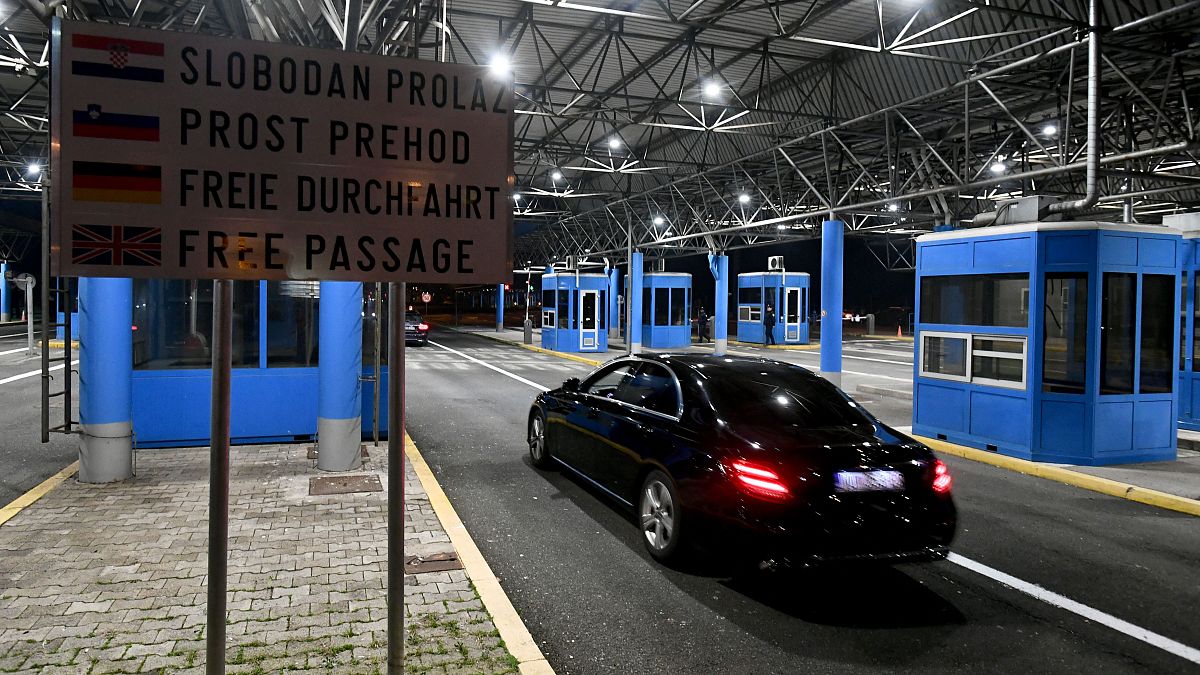The Balkan nation has recorded the jump nine months after it joined the Schengen area, the world's largest visa-free zone.
Croatia has recorded a 140% year-on-year increase in illegal immigration, according to new figures released by authorities.
On Thursday, Border Police Chief Zoran Niceno announced that the sharp rise has seen more than 54,500 people crossing the Croatian border illegally this year so far.
Croatia, which is home to nearly 3.9 million inhabitants, joined the Schengen area in 2023. It also has the European Union's longest external land border – some 1,350 kilometres in total.
It applies strict checks on arrivals crossing from its non-EU neighbours in the Balkans, but is nonetheless well known as one of the preferred passages on the Balkan route used by hundreds of thousands of men, women and children fleeing conflict in 2015 and 2016.
Several associations across Europe have warned Croatia against illegal expulsions of migrants – especially children – and have raised concerns at the country's stark lack of reception facilities for asylum seekers.
Among the 1,700 cases of illegal expulsions documented this year, more than half of the migrants surveyed say they have suffered "physical violence, humiliation or theft", according to the Centre for Peace Studies, a local organisation.
NGOs and some media outlets frequently accuse Croatia of forcibly pushing back migrants at the border, often using force. The government in Zagreb has always denied such behaviour.
Across the border in Slovenia - also an EU member - the number of migrants has increased too, almost tripling in the first 8 months of 2023, compared to the same period in 2022.
While the Slovenian Minister of the Interior, Bostjan Poklukar, says there are no immediate plans to toughen up border controls in many areas, he has indicated that they have been strengthened “in the most critical places”.
